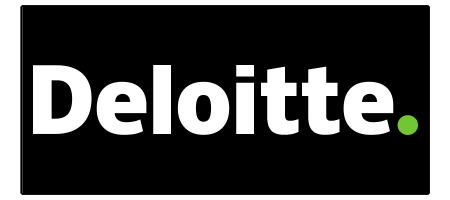The incidence of AIDS-related deaths has halved in Tanzania since 2019, however the disease is still at epidemic proportions, with an estimated 1.6 million people in the country, living with HIV and AIDS. HIV is highly prevalent in the southern highlands of Tanzania, with infection rates of 11.4% in the Njombe region – more than double the national average of 4.9%.
USAID Boresha Afya – Southern Zone Programme
Organisations such as the United States Agency for International Development (USAID), are supporting Tanzania’s people, and government, in the fight against HIV and AIDS. In 2016, the agency announced the launch of the USAID Boresha Afya – Southern Zone Programme, specifically targeting HIV/AIDS in southern Tanzania.
The programme, managed by Deloitte Tanzania, is an intensified collaborative, and co-ordinated approach, implemented with the vision to fight HIV and AIDs in Tanzania through an integrated platform for the delivery of health services to the region, as well as maximising on the many resources of government, including health facilities, and community initiatives. Due to run until 2021, it has been implemented in 43 councils in the Iringa, Njombe, Morogoro, Lindi, Mtwara and Ruvuma regions.
USAID Boresha Afya leverages multiple role players to achieve maximum impact in the area. Working closely with people living with HIV is vitally important in an area where being HIV positive carries considerable stigma. Working with technical partners on the ground, including scores of peer educators, health facilities, and professionals, is a mammoth task, requiring large-scale project management skills, resources and experience. To manage the effective and transparent deployment of the considerable financial resources provided by US taxpayers, USAID engaged Deloitte Tanzania, to plan, implement and oversee USAID Boresha Afya over its five-year lifespan.
Sustained efforts for measurable progress
Working under Deloitte’s skilled and experienced direction, health officials and non-governmental organisations are making slow but very measurable gains in communities, villages and towns. These are achieved through a targeted approach towards truly effecting healthcare interventions that include regular, sustained follow-ups with members of the community living with HIV on their anti-retroviral treatment, and reaching their sexual partners.
Deloitte Tanzania’s responsibilities include ensuring impact through accountable delivery, and monitoring the programme’s effectiveness. Owing to programme interventions, as of September 2019, approximately 203,931 HIV positive clients were on anti-retroviral therapy (ART), equivalent to almost 19% of over 1.1 million Tanzanians on ART. In a similar vein, the programme had managed to lower clinical malaria cases to 0% in Lindi, Mtwara, Morogoro and Ruvuma regions, as a result of the programme’s intervention.
Headed by Deloitte’s Consulting Partner in Tanzania, Carlton Jones and Chief of Party, Dr Marina Njelekela, the dedicated team of 229 individuals including support staff, are ensuring that the USAID Boresha Afya programme is on track to help Tanzania achieve its commitment to UNAIDS’ 95-95-95 target to end AIDS. That target envisages that, by 2030, 95% of people living with HIV will know their status; 95% of those diagnosed will receive ongoing antiretroviral therapy, and 95% receiving treatment will have achieved viral suppression.
In southern Tanzania, it is now – finally – becoming possible to believe in a generation without AIDS





